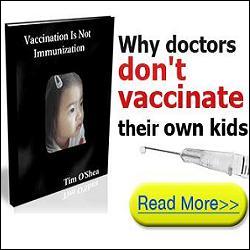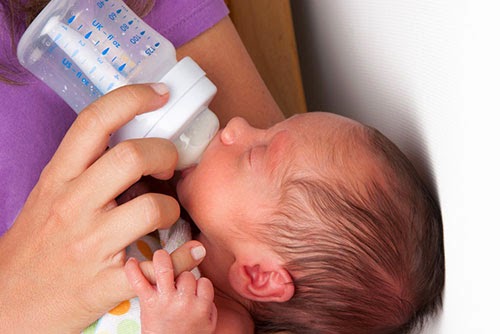Human milk fat improves growth in premature infants: Study
For premature infants, adequate growth while in the neonatal intensive care unit is an indicator of better long-term health and developmental outcomes. Researchers at the USDA/ARS Children’s Nutrition Research Center at Baylor College of Medicine and Texas Children’s Hospital have now successfully incorporated a cream supplement into premature infants’ diets that improved their growth outcomes in the NICU. The report appears today in the Journal of Pediatrics.
“For premature babies who weigh less than 1,000 grams (about 2 pounds, 2 ounces), one of the problems is that their lungs and other organs are still developing when they are born. If the infant gains weight and increases in length at a good rate while in the NICU, this helps improve their outcomes,” said Dr. Amy Hair, assistant professor of pediatrics at Baylor, neonatologist at Texas Children’s Hospital and first author of the study.
Previous research has shown that an exclusive human milk diet protects the intestines of premature infants and supports their growth. This diet consists of mothers’ own breast milk or donor human milk, as well as a fortifier consisting of protein and minerals made from the donor milk.
Widget not in any sidebars
In this study, researchers sought a way to optimize this growth in very small infants (those who weigh between 750 and 1,250 grams) who need additional calories. Because infants are already receiving enough protein from the fortifier, another way to help them grow is by giving them fat. One of the byproducts of pasteurizing donor milk is milk fat, also referred to as a cream supplement.
 In this study, researchers compared the growth outcomes of infants who received the exclusive human milk diet and the cream supplement to infants who received just the exclusive human milk diet. They found that infants in the cream group had better growth outcomes in terms of weight and length than infants in the control group.
In this study, researchers compared the growth outcomes of infants who received the exclusive human milk diet and the cream supplement to infants who received just the exclusive human milk diet. They found that infants in the cream group had better growth outcomes in terms of weight and length than infants in the control group.
“This is a natural way to give them fat. Previously, we would add oils or infant formula to help premature babies grow, but we can now use a natural source from donor milk,” said Hair.
Hair noted that because the growth was both in weight and length, this growth is likely lean mass, consisting of bone and muscle growth.
“You want to see babies growing in both weight and length,” said Hair.
She also noted that the volume of milk given to these infants cannot change to help them grow because their stomach and intestine can only tolerate a certain amount of feedings.
“You cannot give them more volumes of milk. Especially if they have lung problems, they have to have a certain volume of milk. This is a way to add calories but not change the volume of milk,” she said.
Since November 2013, the NICU at Texas Children’s Hospital has changed its protocol to add this cream supplement to the diet of infants who weigh less than 1,500 grams.
“This also emphasizes the importance of donating excess breast milk that your baby doesn’t need to a milk bank. It can help nourish our tiniest and most vulnerable infants,” said Hair.
Texas Children’s was the first hospital in the world to add human milk-based cream to the diets of very low birth weight infants.
In addition to adding cream to the diets of premature infants, since 2009, Texas Children’s has significantly reduced its rates of necrotizing enterocolitis, one of the most devastating and potentially fatal diseases a neonate can face, by implementing a human milk feeding protocol for all infants weighing less than 3.3 pounds.
“Texas Children’s strives to be a leader in human milk feeding, because we know it impacts outcomes,” said Hair.
Others who took part in the study include Dr. Cynthia L. Blanco and Dr. Alvaro G. Moreira of The University of Texas Health Science Center at San Antonio; Keli M. Hawthorne and Dr. Steven A. Abrams of Baylor and the CNRC; and Dr. Martin L. Lee and Dr. David J. Rechtman of Prolacta Bioscience.
This project was funded in part with federal funds from the USDA/ARS under Cooperative Agreement 58-6250-6-001 and National Center for Research Resources General Clinical Research for Children Grant RR00188. Prolacta Bioscience provided the product for the study.




